
Read offline
Recommendation
Continuing trade disputes, skyrocketing housing prices and low fertility rates seem to have cast a shadow over China’s economic outlook. However, author Liang Jianzhang maintains a “cautiously optimistic” forecast for the Chinese economy. He believes that a country’s wealth is ultimately determined by its level of technology and industrialization. Using per capita income as a measure of wealth, Liang argues that there is still potential for wage growth given China’s level of technological and industrial progress. getAbstract recommends this article to China watchers, economists and anyone interested in the future of China’s economy.
Summary
About the Author
Liang Jianzhang (James Liang) founded travel services provider Trip. He is a professor at the Guanghua School of Management at Peking University.


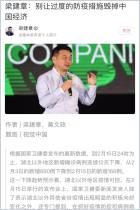
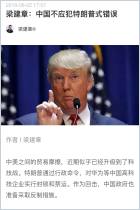
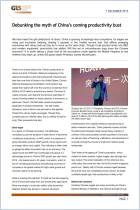
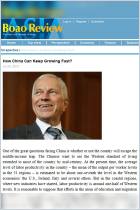
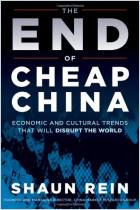
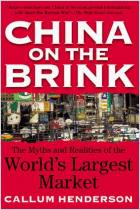
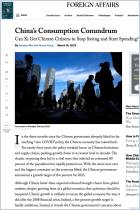
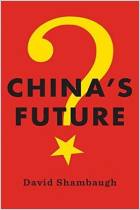





Comment on this summary